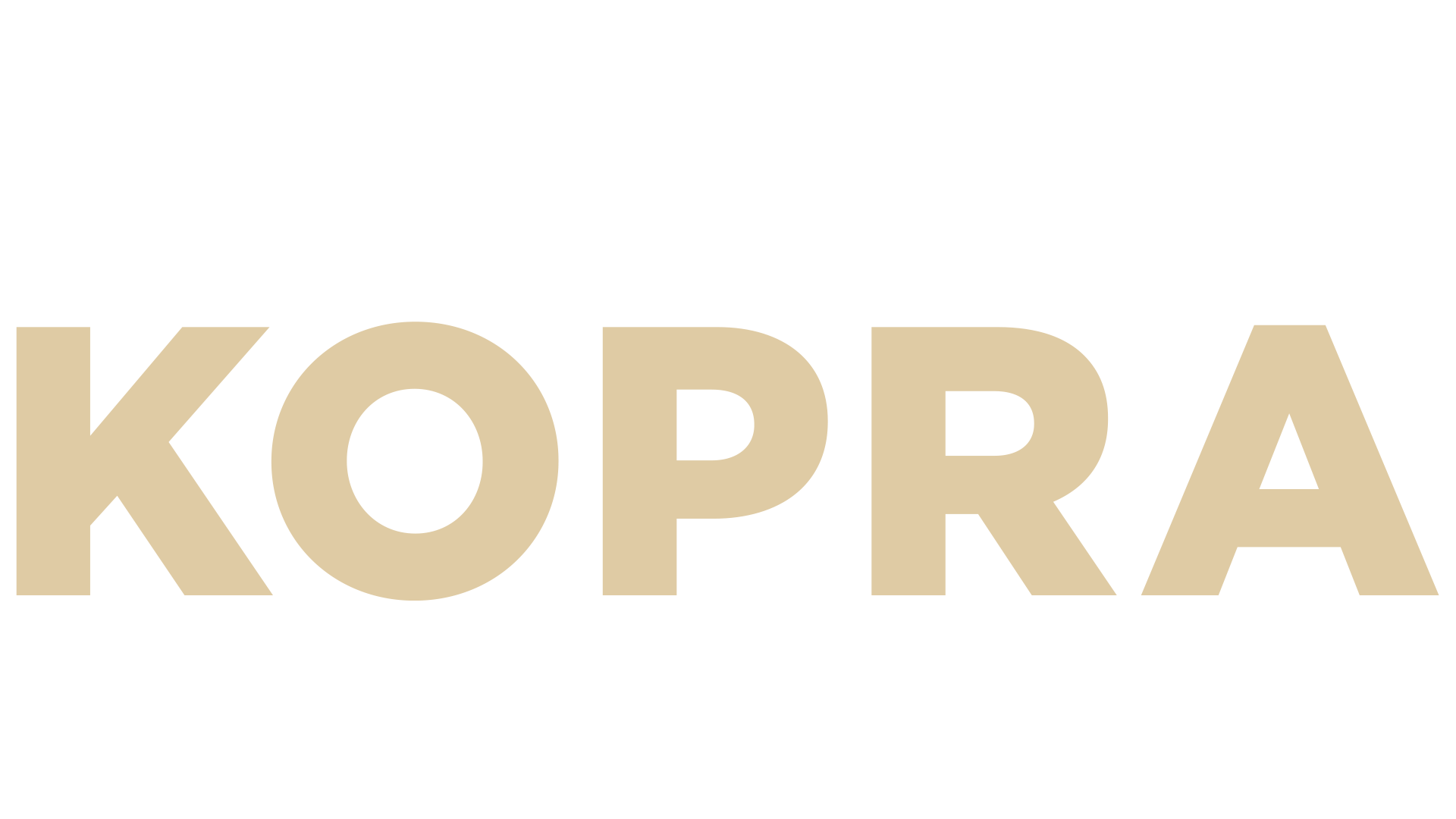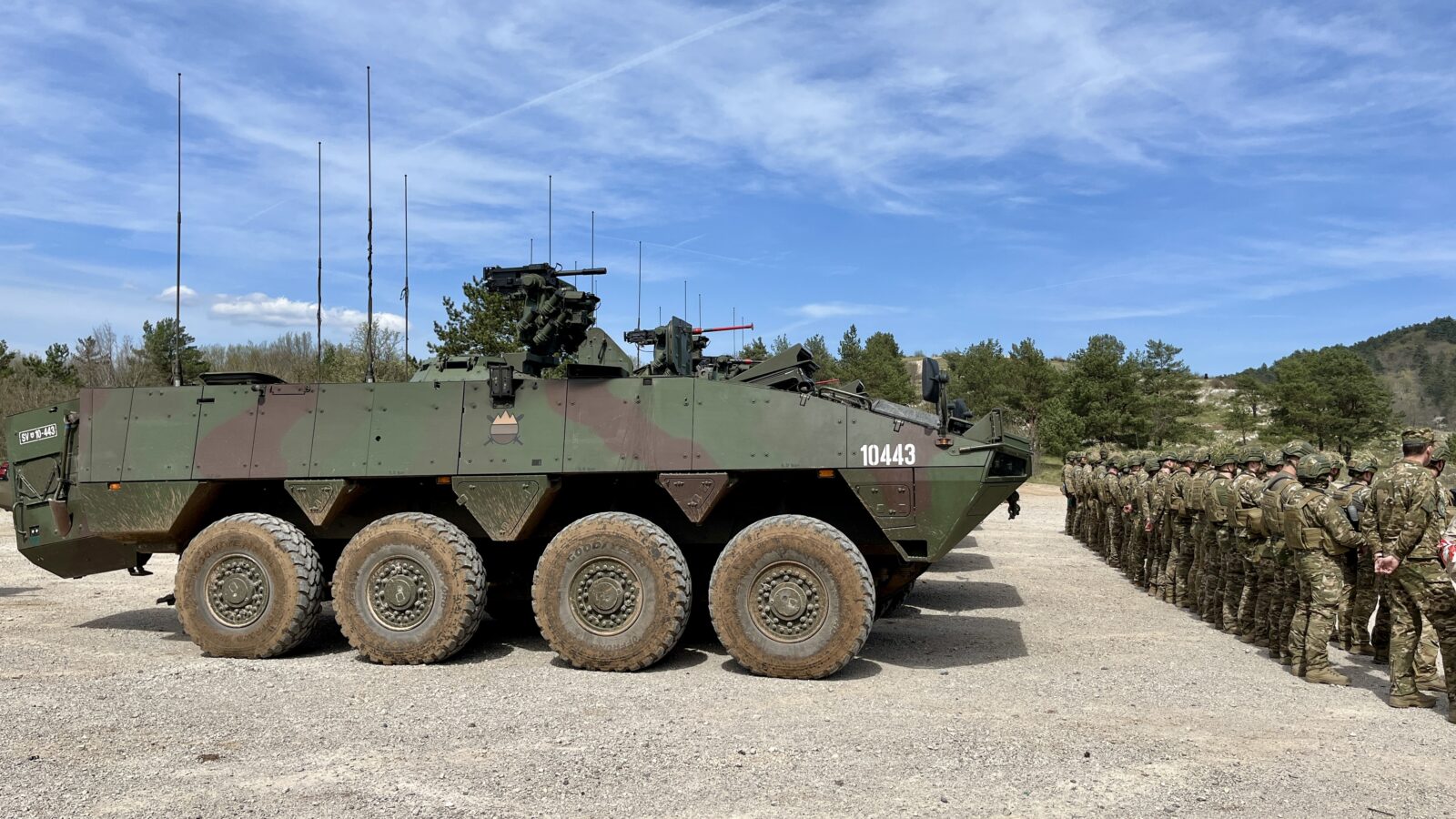Finland punches above its weight in the alliance
Russia’s unprovoked attack on Ukraine in February 2022 had an immediate effect on the Finnish foreign and security policy. President Sauli Niinistö stated this very clearly: The masks have been taken off, showing only the cold face of war.
Views on Nato membership changed very quickly in Finland. According to different polls, 80 % of Finns support Nato membership. The change has been drastic: before Russia’s unprovoked attack on Ukraine, approximately 20-25 % of Finns were supporting the membership.
Finland is happy to be in the Alliance, and the Alliance should be happy to have us. Why? Because Finland is a serious military player. We have general conscription, and the wartime strength of the Finnish Defense Forces is 280 000 soldiers. Total size of the reserve is approximately 900 000 soldiers. Nato members pledge to spend 2 percent of GDP on defense, and Finland reaches this goal and is committed to maintaining this 2 % level in the coming years.
Finland has the largest artillery capability in Western Europe along with Poland (over 1 500 artillery pieces). We also have long range precision-guided weapons for all services. Besides the Army, our Air Force and Navy are very capable. In December 2021, Finland decided to buy 64 F-35 fighters to replace our aging Hornet Fleet. Our Navy is acquiring 4 multipurpose corvettes by the end of this decade.
It goes without saying that credible defense requires strong will to defend the nation – Ukraine has once again demonstrated what this means. The polls show that over 80 percent of Finns are ready to militarily defend the nation, should we face an armed aggression. This is the highest number in Western Europe.
Finland intends to be a Nato member, who continues to invest in a strong national defense capability and brings significant added value to alliance’s collective defense. Our accession to Nato strengthens the security and stability of the Baltic Sea region and Northern Europe.
Not just the military but the whole Finnish society is well prepared for any crisis. This is based on the concept of comprehensive security, which is the cooperation model, where vital societal functions are handled together by authorities, businesses, NGOs and citizens. The aim is that during whichever type of crisis, the entirety of Finnish Society can rapidly mobilize resources where needed, recover quickly, and adapt its functions.
Ukraine fights for all of us
Supporting Ukraine in their fight is a common goal of the democratic world. Finland has given 1,8 billion euros worth of military assistance to Ukraine, and there is a very strong political will to continue this support, no party in the Finnish parliament opposes this policy line.
Russia’s full-scale invasion of Ukraine has succeeded in uniting the democratic world to a degree not seen in decades, but its response to the war continues to be hampered by excessive fear of provoking Putin. Moscow is openly preparing for a long war and Western leaders have so far failed to convince Putin that he has no hope of success in Ukraine. Until this changes, the war is likely to continue. The reluctance to declare that Ukrainian victory is the ultimate objective of Western policy is striking. This encourages Moscow to draw out the war and leaves room for dubious “peace” negotiations or other compromises with the Kremlin.
Ramping up defence material production
In the early 1990s Nato countries capitalized on the so-called peace dividend. They cut defense budgets in the belief that a major land war on the continent was no longer plausible. Russia’s invasion of Ukraine ended that illusion. Now, governments across Europe have committed to significantly increasing military spending to prepare themselves to a prolonged, high-intensity conflict. The results so far are raising the questions of whether Europe will be ready for future security challenges.
The war in Ukraine show that industrial warfare is back. So called experts around the West were certain that Russia’s small economy could not endure a drawn-out conflict. Russia would run out of missiles, and then it would run out of shells, and then eventually everything else. Recent information reveals us, that Russia can produce more than ever ammunition, missiles and other material.
GDP in unadjusted dollar terms matters for nothing when it comes to making war, because artillery shells are made of steel, not paper money. Thus, having the steel industry and factories but no money counts for quite a lot, while having money but no steel industry and no artillery factories counts for little. For example, US, the world’s largest economy is nearly out of conventional ammunition to send to Ukraine. Same goes with European nations: we haven’t been able to fulfil our promises to Ukraine. Is this is really the best that Europe can do?
Many US administrations have complained that the burden-sharing is not fair when it comes to defense spending among allies. They have a point. European Nato allies must show that they are taking defense issues seriously, and thus weakening the argument that Europeans are free riders when it comes defense spending. Positive steps have already been taken and Sweden is the 19th country in the Alliance reaching the 2 % GDP level. EU has many initiatives and projects which try to boost defense materiel production, and especially the production of 155 mm shells. But more needs to be done, and quicker. It is our moral obligation towards Ukraine to guarantee that they are successful in their legitimate and just war against Moscow.
This article was initally published in the Baltic Rim Economies Review 2/2024.


Jätä kommentti